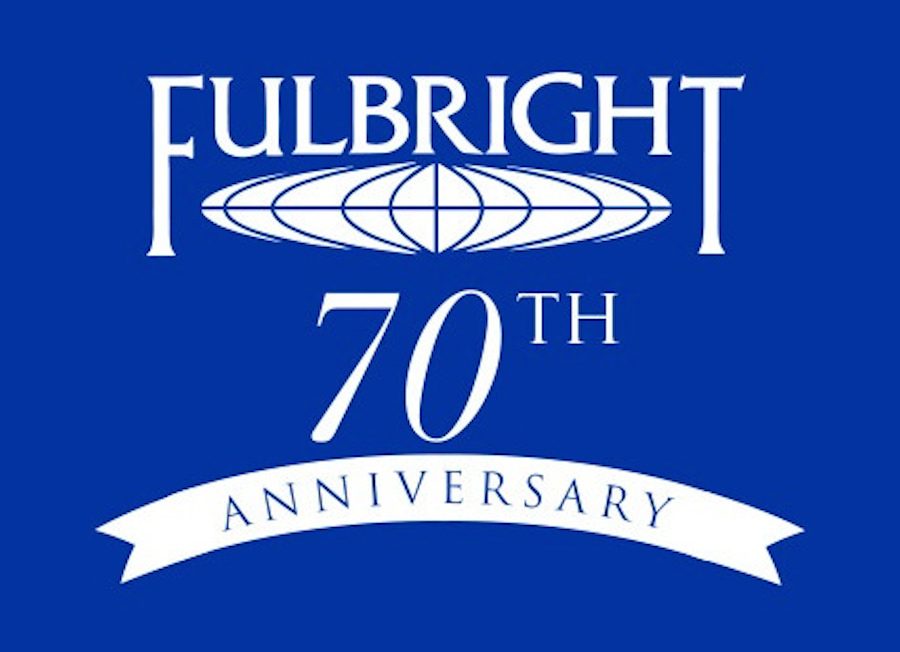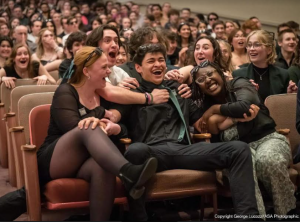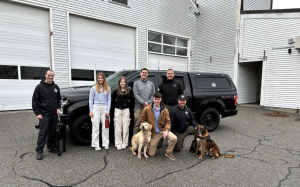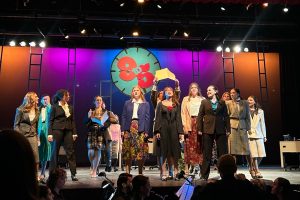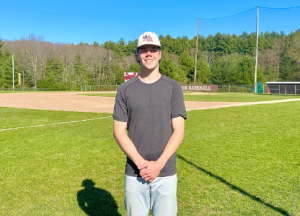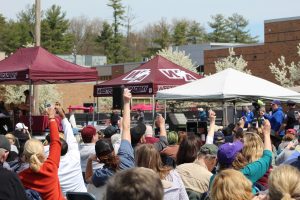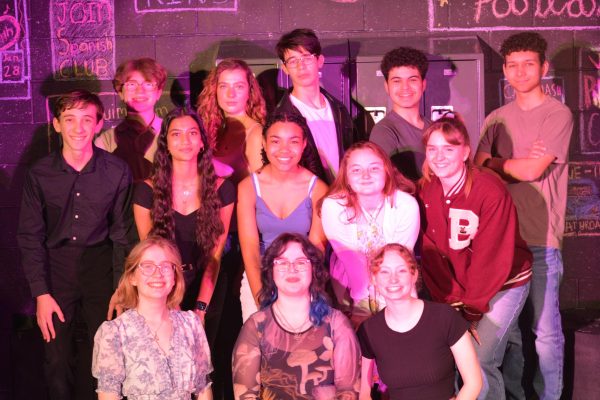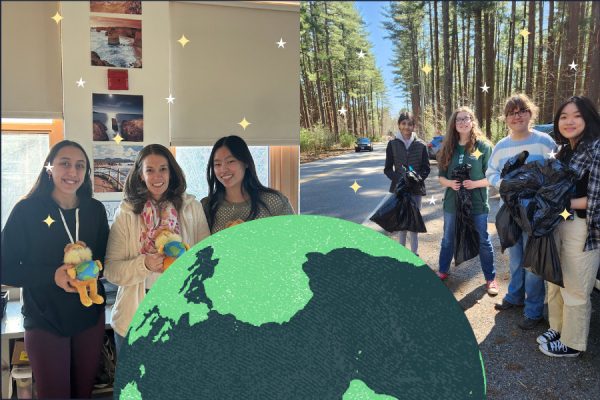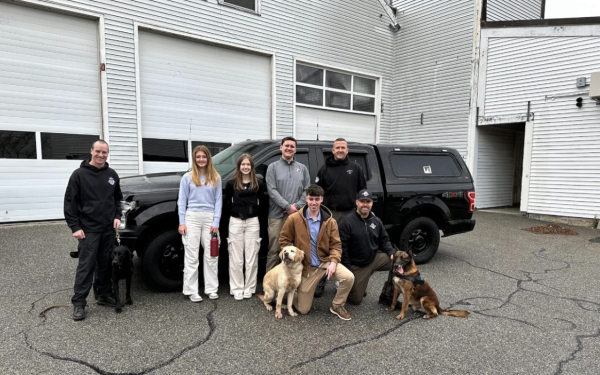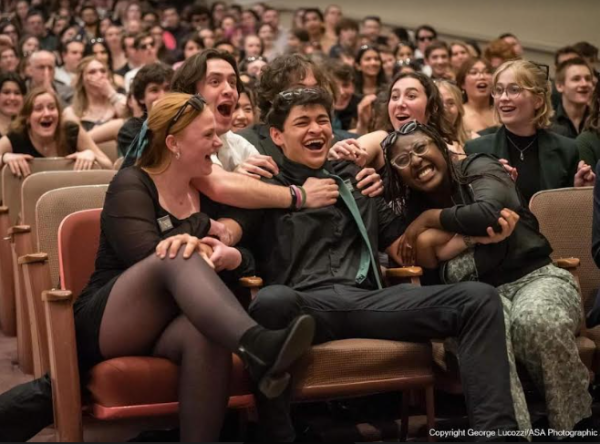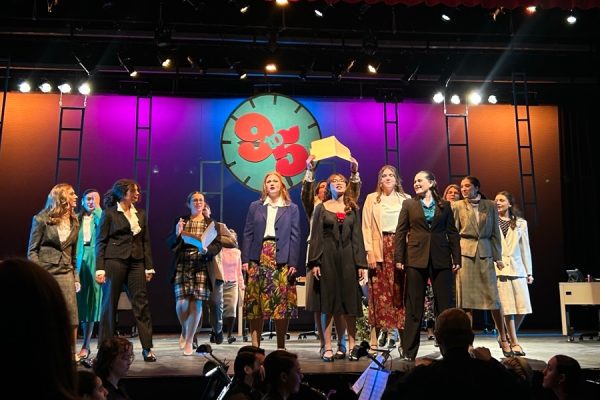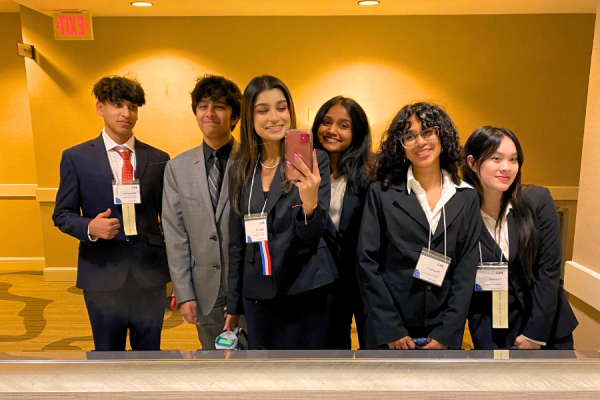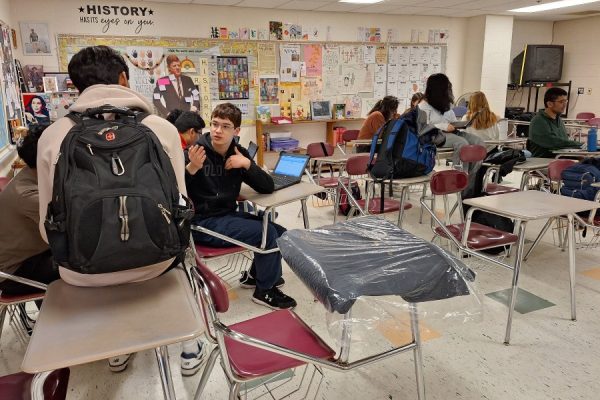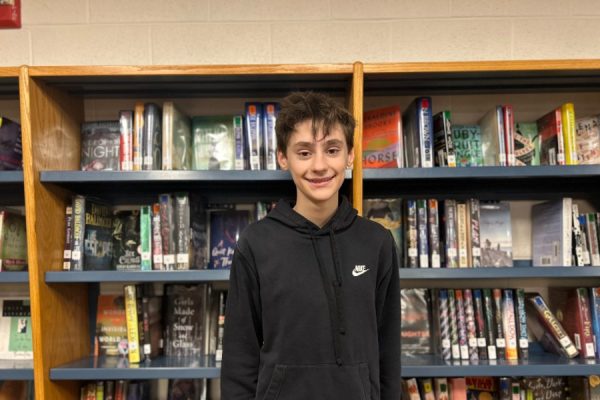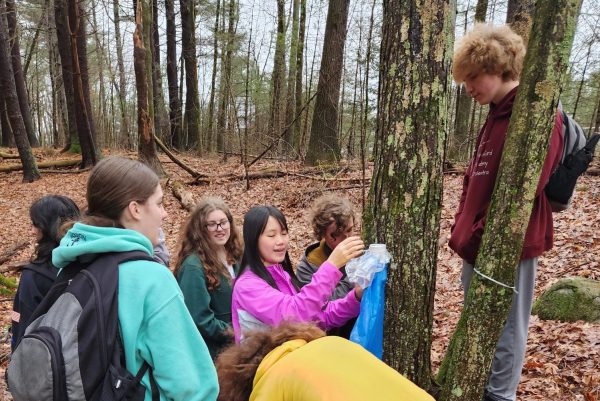Laurianne Posch: the traveling homebody
November 2, 2017
Foreign language classes at the high school level are not often deemed gateways to long-winded careers. More so than any high school business, science, or English class, many students who enroll in world language courses do so out of interest and dedication to master a new skill, but do not necessarily view their bilingualism as the cornerstone of a life dedicated to it. For Class of 2012 WA alumni Laurianne Posch, this was not the case.
In the fall of 2017, Posch was sent to Austria to teach English after being honored with a scholarship from Fulbright, one of the most prestigious merit-based scholarship programs in the United States for international education, an accomplishment which was, according to Posch, unexpected and to some extent unplanned.
“It wasn’t always something that I was aiming towards. I know a lot of people really aspire to get a Fulbright, but that was something I actually had never had as a big goal […] I was intimidated by it, mainly the prestige of it,” Posch said.
As a student at WA, Posch studied German for four years, then eventually went on to major in German and International Affairs at the University of New Hampshire. It was in 2016, during her senior year, that Posch’s Director of Fellowships approached her, asking her if she had considered applying for Fulbright. Although it was something she had never before considered, Posch, unsure of what she would do after graduation, decided to apply out of curiosity.
“This was at the point where I was about to graduate from the University of New Hampshire, and I found myself at a bit of a crossroads. I didn’t exactly know what to do, I didn’t have anything exactly lined up, and I figured it didn’t hurt to at least apply, and at least learn something in the process of application no matter what,” Posch said.
To her surprise, after about a year into the application process, Posch was honored with Fulbright’s Community-Based Combined Award, allowing her to teach part time as an English language Assistant at Alpen-Adria-Universität in Klagenfurt, Austria. The acceptance, Posch said, seemed somewhat surreal, as by that time, she had already begun working at a school in Munich, Germany and had not given much thought to her Fulbright application.
“I think ‘shock’ would be the best descriptor [of how I felt when I found out that I was accepted]. I knew that I had been a semi-finalist since January […] when I got the news in March, I was just shocked because this was this abstract thing that I had been working on the previous summer, and so much had changed in my life since applying. To get the news that this project about which I had written such an in-detail description just became a reality was confusing. It had been so long, and you can’t put all of your eggs in one basket, so I hadn’t been thinking about it for a while.
In Klagenfurt, Posch teaches thirteen classes a week, each comprised of students ranging in age from fourteen to eighteen years old. On top of that, Posche is required to take at least one class at Alpen-Adria, as well as one community-based project. She wishes to work with an organization that assists in the language acquisition of refugees and asylum applicants.
After her time in Austria, Posch plans on continuing to work in international education, and would like to continue traveling and teaching around the world. Despite her adventurous history, however, Posch goes as far as to label herself a “homebody,” admitting that although she enjoys travel, she would like to see herself return to United States in the future to help welcome international students.
“It’s funny, because I consider myself a homebody too. You can be a homebody in a different country, but as far as living abroad, [I’m passionate about] the adventure that each day brings […] I do see myself ending up back in the U.S, preferably in New England to be close to family. I know what its like to be living alone abroad, and to be making that leap, and I know the difference it makes when someone helps you or guides you,” Posch said.
Posch’s passion for the German language and respect for education is not a newfound attribute. According to WA German teacher Kristin Gillett, Posch was always a focused and driven student.
“Laurianne was an excellent German student; [she was] really gifted, and she was always engaged and focused. She was very interested in other cultures, and she always wanted to know more and find out more […] it was really a pleasure to teach her,” Gillett said.
In light of her recent success as an international education major, Posch encourages current WA students to follow their passions, regardless of whether or not a major might seem useful or profitable down the road. She also urges students to become involved in foreign language regardless of whether or not it might seem important in the moment.
“Follow your passion […] language learning sometimes gets a bad rap as not being very practical. What can you do with that [foreign language skills]? With German, especially, there’s not a lot of use for it in the U.S.; I learned that the hard way searching the job market after graduation. But, using it creatively, German is actually a great language to learn if you want to go live abroad because there are jobs and they do think internationally,” Posch said,
“To anyone interested in languages, keep going with them, and enjoy it. Take it as far as you can and as far as you want to.”

